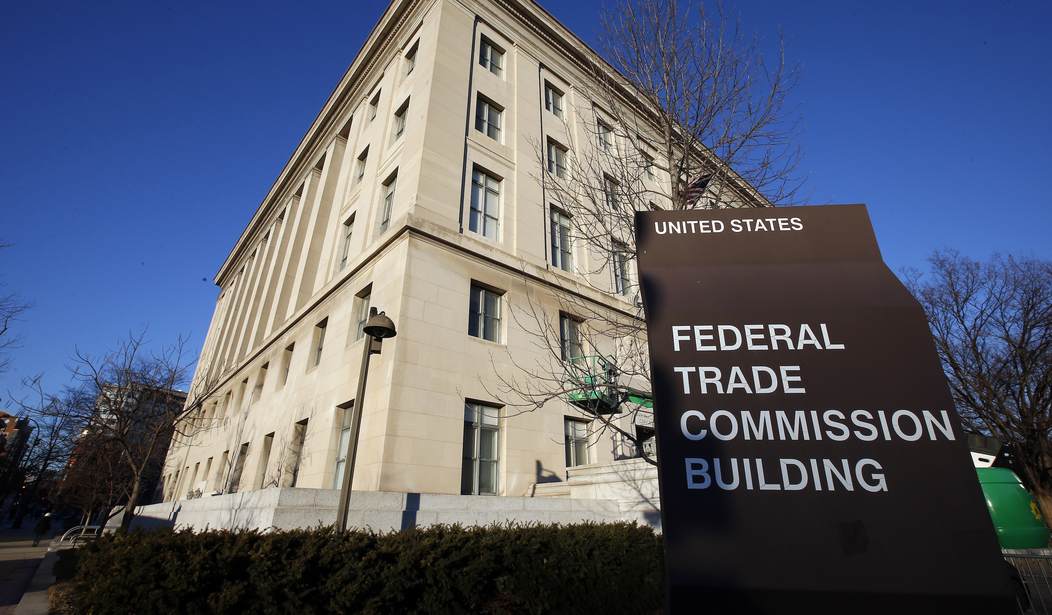The Federal Trade Commission has grown out of control under the leadership of Chairwoman Lina Khan. During her reign, the agency that claims to stop unfair business practices repeatedly faces accusations of engaging in unfair practices of its own. Time and time again, the FTC stretches the truth and oversteps the limits of its regulatory powers.
Khan’s record in court is impressive for its sheer futility. Anti-trust experts, legal scholars, and the Supreme Court find little merit in her novel legal theories. Khan and her agency suffered a particularly significant blow from the Supreme Court after trying to throw the book at one private company, and instead received a unanimous decision opening up easier constitutional challenge to the commission’s authority.
Now, Khan might even be trying to regulate affordable drugs out of the country without any empirical evidence to back up her big stick agenda.
This month, the Biden Federal Trade Commission released a long-anticipated report two years in the making, concluding that Pharmacy Benefit Managers (PBMs), hired by businesses and governments to secure drug rebates, are responsible for high drugs prices and thereby require “urgent” regulations.
Alas, the report is entirely without substance.
In her dissenting opinion, Commissioner Holyoak explained how a sweeping 2005 FTC investigation came to the opposite conclusion, finding that PBMs lower drug costs. That finding is consistent with a host of other research. For example, a 2019 Government Accountability Office report showed PBMs saved Medicare Part D a full $29 billion.
Recommended
Might the market have fundamentally changed since then to justify the agency’s reversal? Anything’s possible, and a new, comprehensive analysis could help illuminate related policy debates. But as Holyoak noted in her dissent, the FTC did not conduct or even cite any form of empirical analysis to corroborate its new conclusion.
Although the FTC issued subpoenas on billions of prescriptions over the last two years, somehow the commission never invited its own Bureau of Economics to weigh in. Instead, it opted to base its report on anonymous sources — mostly market competitors seeking to weaponize regulators to gain an unscrupulous edge — with no economic data to support its assertions.
To quote Holyoak directly: “To assert that market conditions have changed is one thing — but to ignore the 2005 report without conducting a new empirical analysis of market conditions or explaining why the findings, conclusions, and empirical work no longer apply is a different matter entirely.”
Unfortunately, the politically driven process irregularities mentioned by Holyoak have become standard occurrences at the FTC. Things have gotten so bad that career staff, even those who agree with Khan philosophically, are resigning in record numbers out of frustration with the commission morphing into an agent of partisan hackery instead of one guided by empirical research and sound legal theories.
Last year, Rep. James Comer’s (R-KY) House Oversight Committee conducted several investigations into the agency’s lack of standards. Now, Congress must follow up on those findings with action, whether it be more subpoenas, withholding funding, or reforms bills that narrow the scope and scale of the commission’s authority.
Lina Khan has been chasing non-existent white whales for almost four years. It’s long past time for Congress to rein in the FTC, prevent further overreach, and bring the agency back to its mission of protecting marketplace competition and stopping deceptive business practices.
Brian Garst is Vice President of the Center for Freedom and Prosperity.

























Join the conversation as a VIP Member